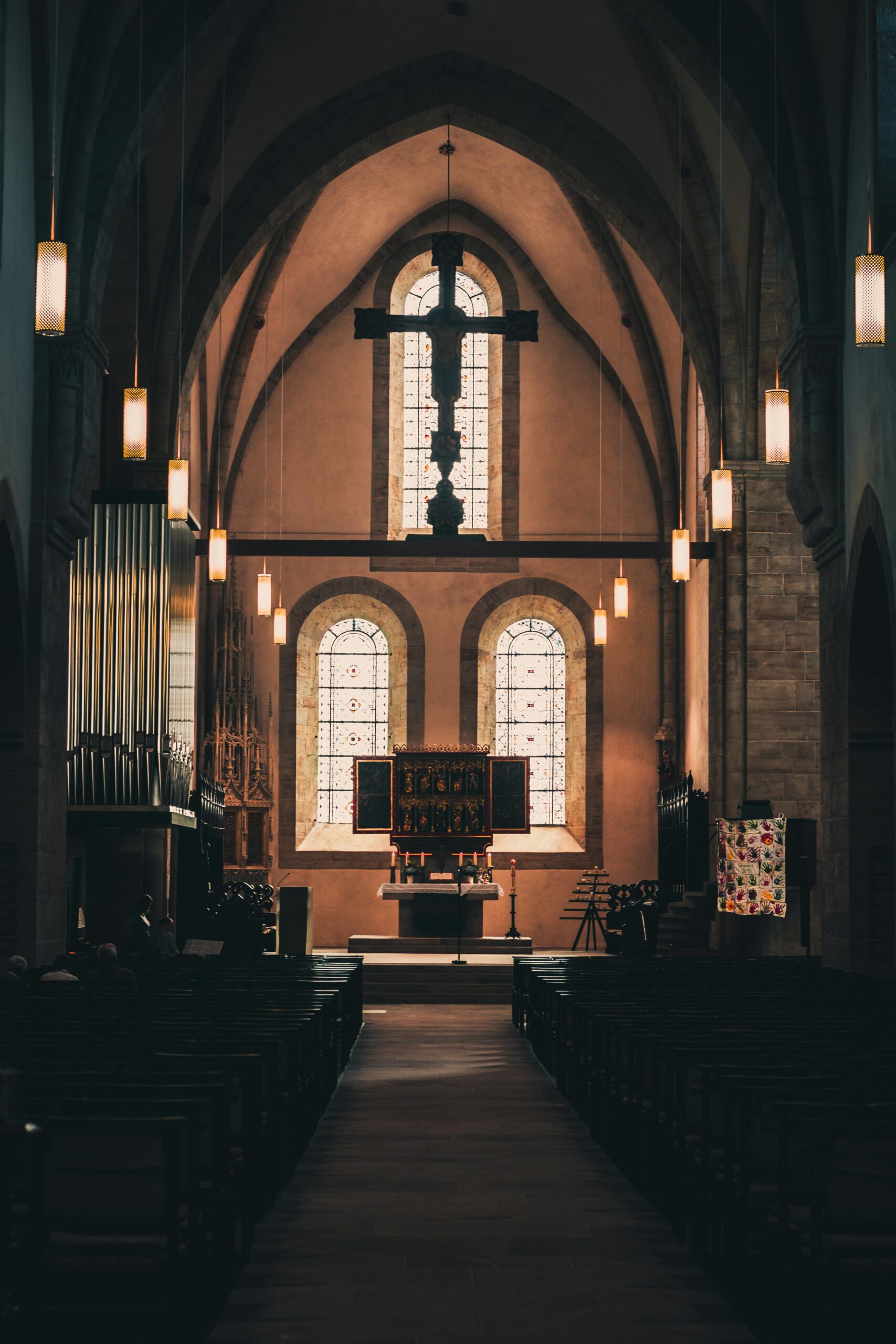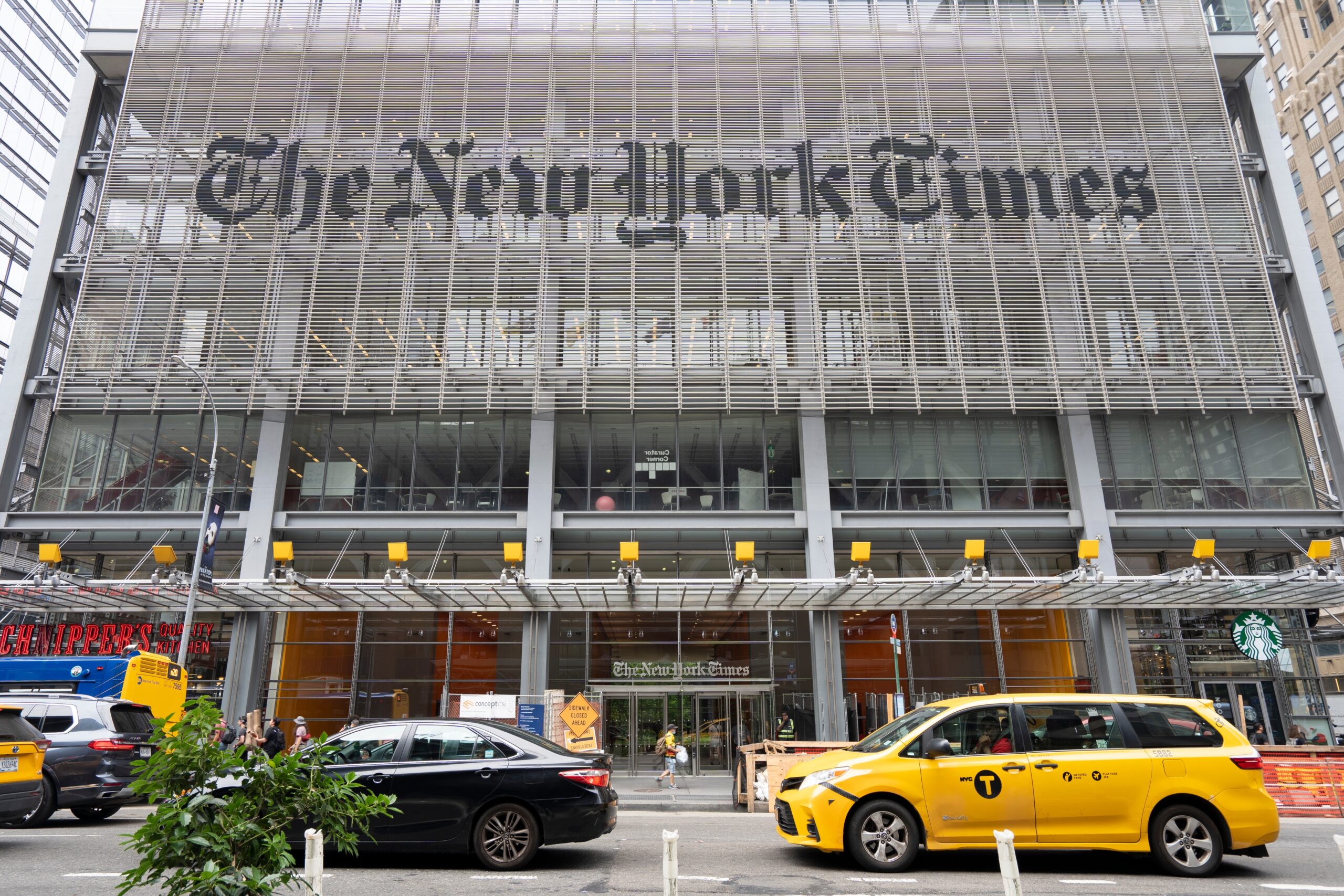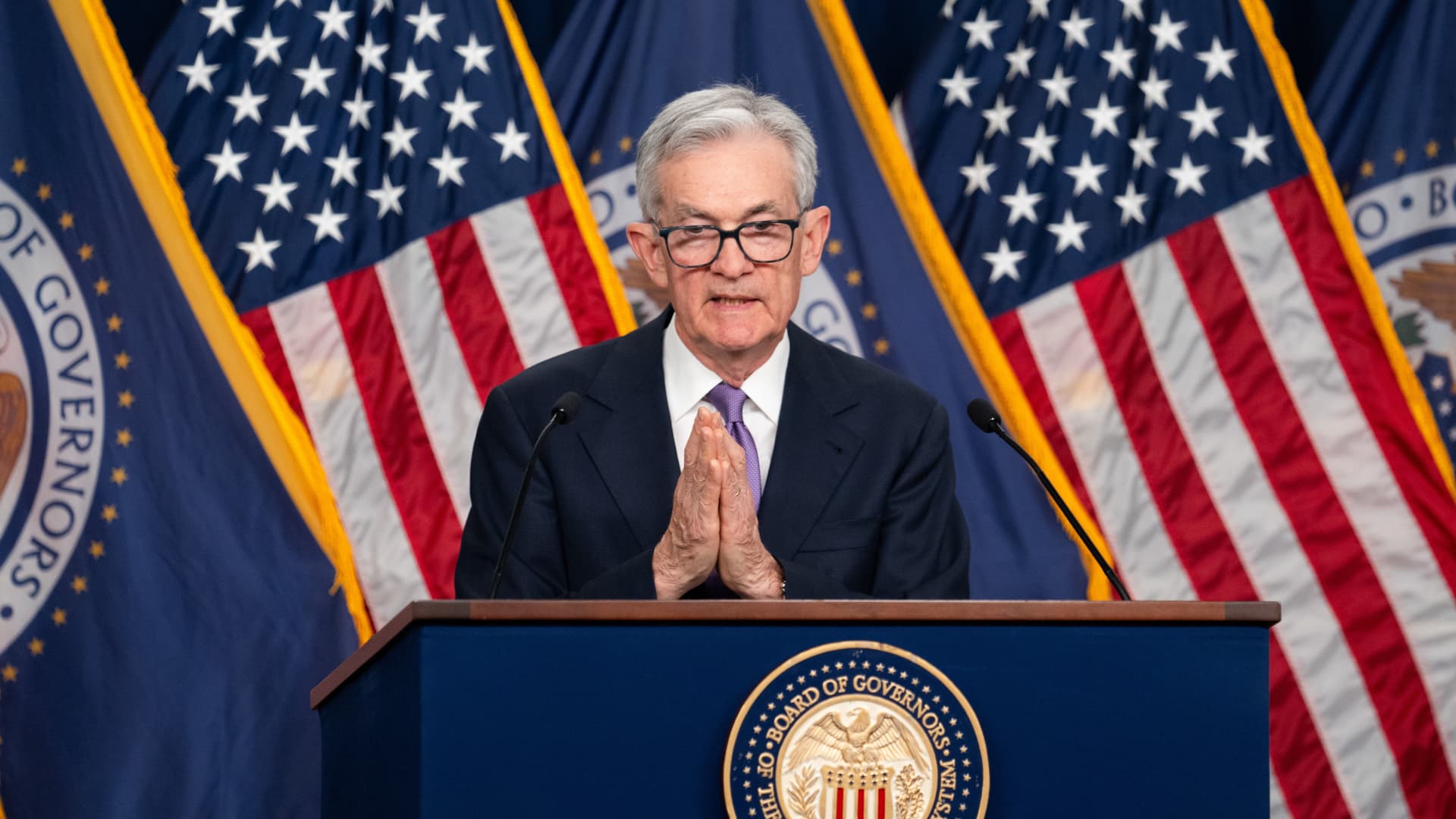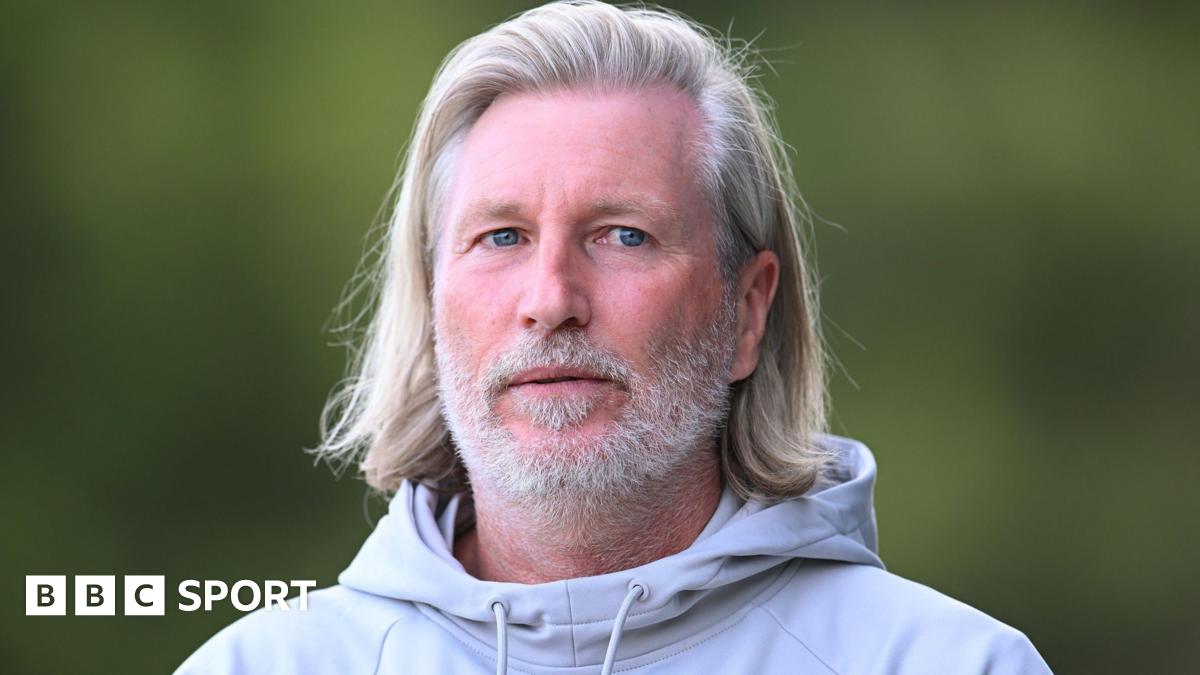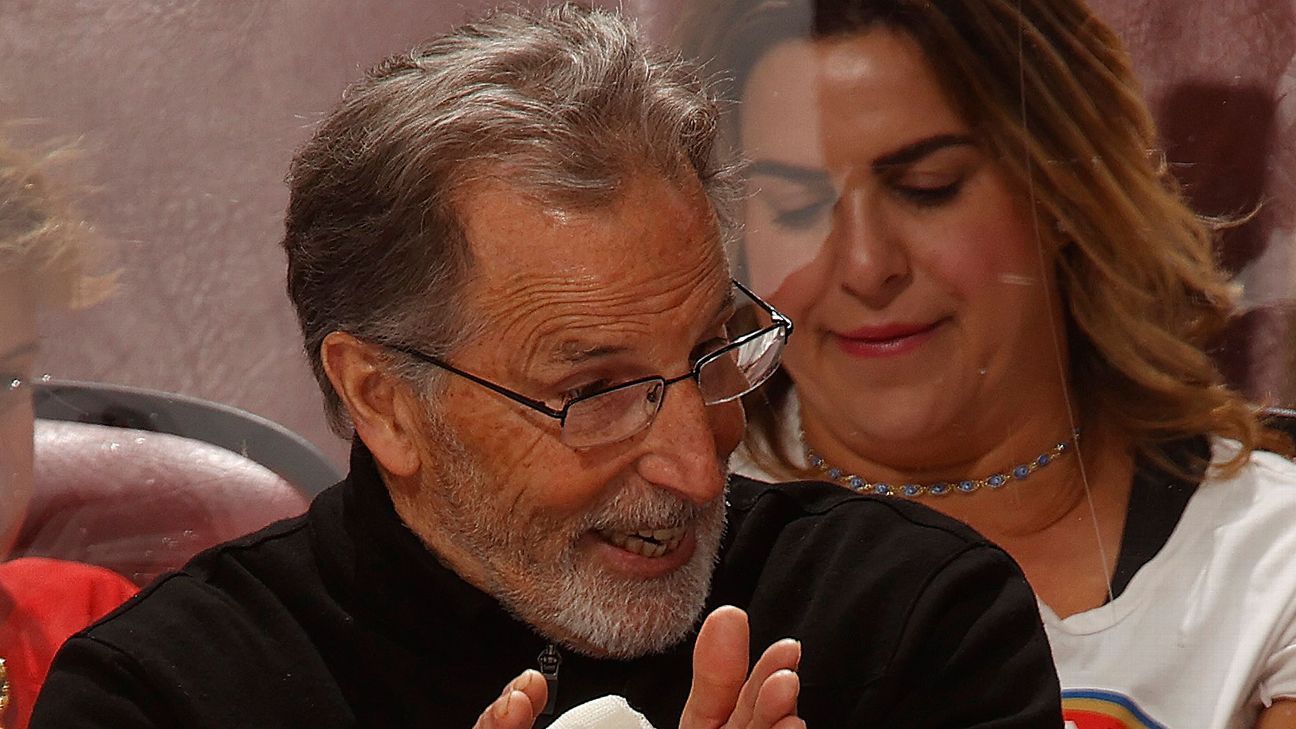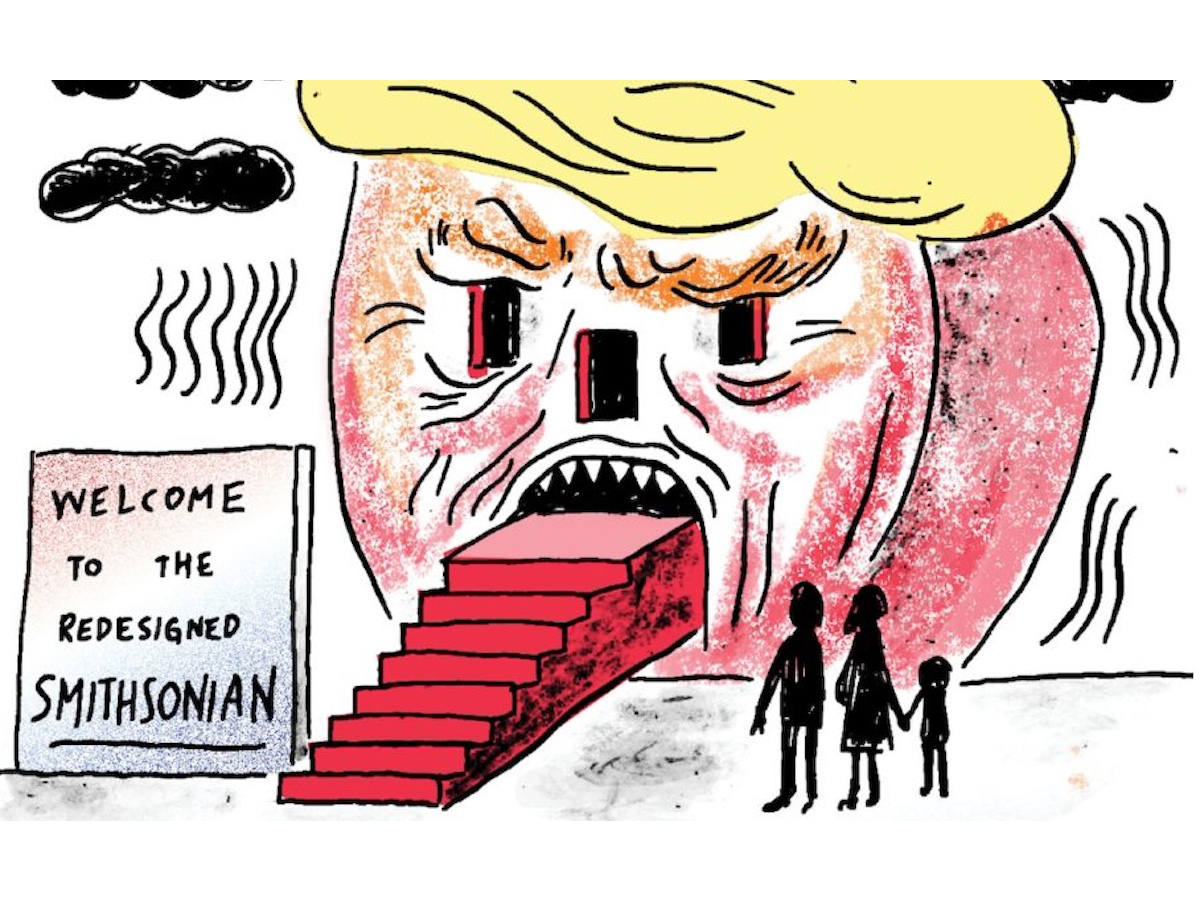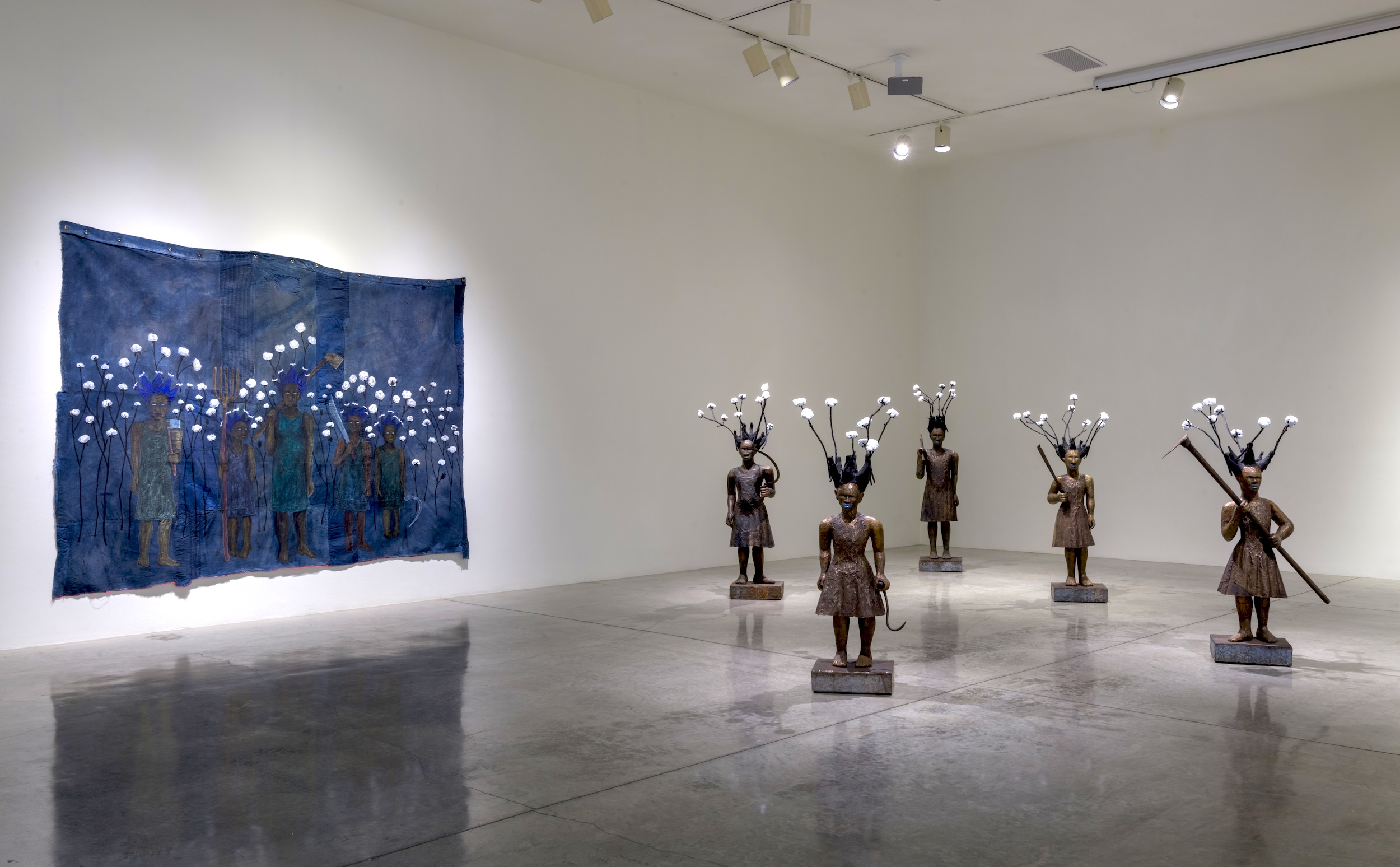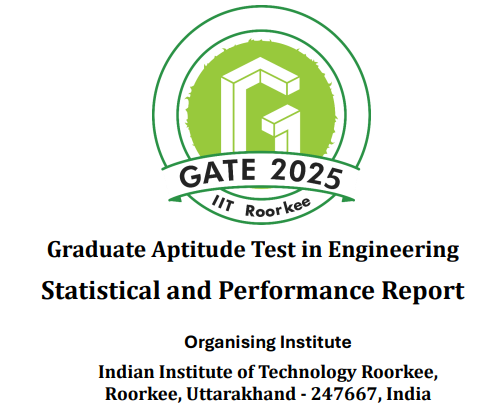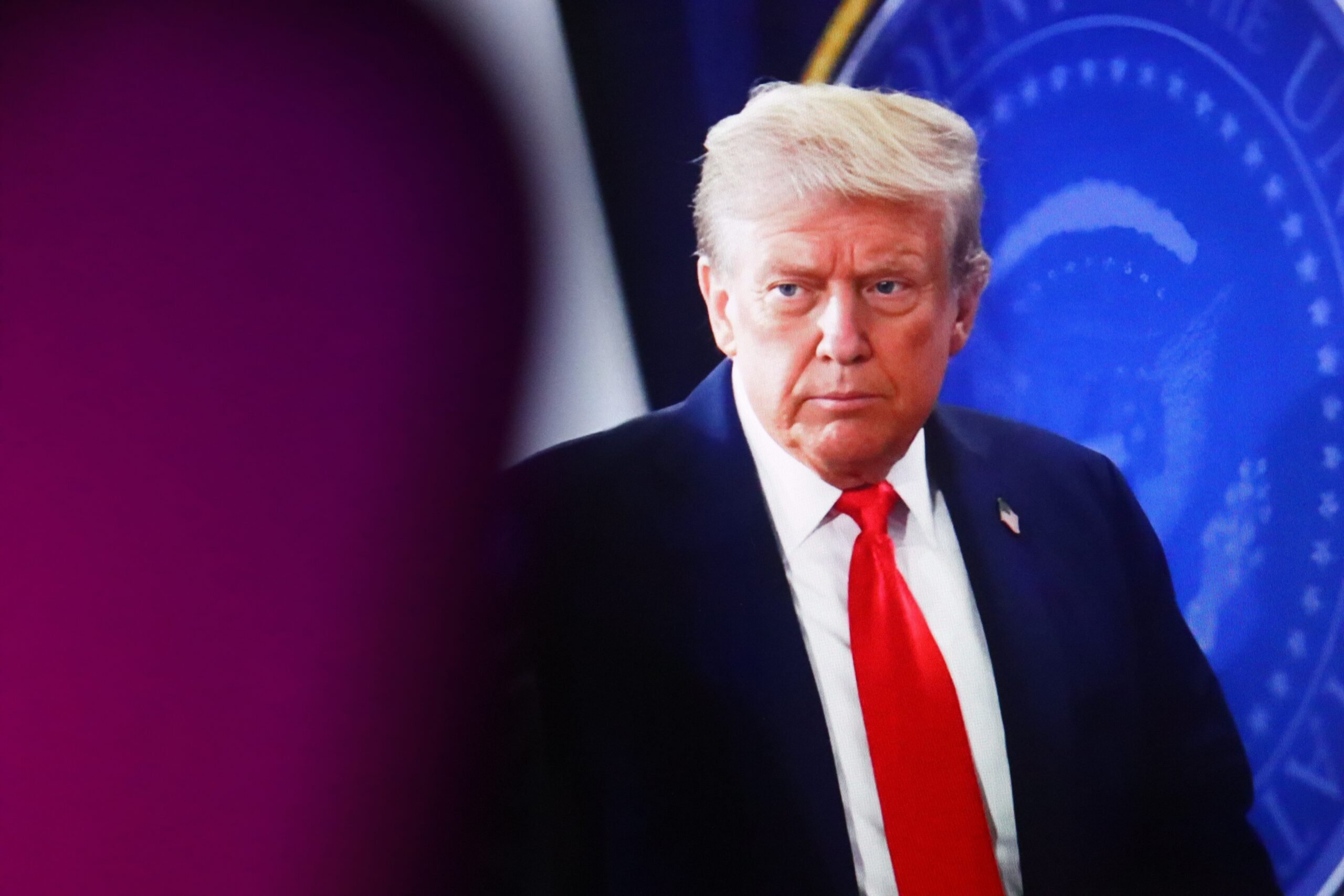Divine or ‘bovine’: Justice Nariman makes another anti-Hindu comment while talking about ex-CJI Chandrachud’s ‘prayed for guidance for Ram Mandir verdict’ remark. Read details
In yet another incident that seem to solidify judiciary’s anti-Hindu bent, former Supreme Court judge Rohinton Nariman courted controversy with his recent comments where he needlessly referenced bovine, animals that are considered sacred by Hindus, while criticising former CJI Chandrachud for turning to faith during the momentous Ram Mandir verdict. Nariman stated that allowing divine or any other form of intervention to influence judgments would amount to a violation of a judge’s oath to the Constitution. He made the remark while responding to a question during the KM Bashir Memorial Lecture organised by the Press Club of Thiruvananthapuram on September 1. An audience member had asked his views on former Chief Justices of India speaking about divine intervention in delivering judgments, in reference to ex-CJI DY Chandrachud’s statement that he had prayed for guidance during the Ram Mandir-Babri Masjid verdict in 2019. “Whether with divine or bovine intervention or any other kind of intervention, if a judge delivers a judgment, he is violating his oath to the Constitution. You (judges) have to live only by your oath to the Constitution and the laws. And when you live by your oath to the Constitution and the laws, you certainly bring in your own morality. That’s about as far as it goes,” Justice Nariman said. His comments, both his disapproval of former CJI Chandrachud for leaning on faith to arrive at an important verdict and his reference to bovine, considered sacred by Hindus, underscore the deep-seated anti-Hindu bias that appears to have taken root in the higher judiciary. The timing further accentuates this perception, coming just a day after another controversial episode: Chief Justice of India BR Gavai, while dismissing a plea for the restoration of a mutilated idol of Lord Krishna in Khajuraho desecrated by Mughal invaders, mocked the petitioner with a sarcastic remark, saying, “Go and pray to God instead.” Delivering his lecture on the theme Fraternity in a Secular State: The Protection of Cultural Rights and Duties, Justice Nariman underlined that secularism is essential to achieving fraternity, a fundamental value of the Constitution. He added that secularism was already present in the Constitution before the word was explicitly added to the Preamble through the 42nd Amendment. “It’s a misnomer to say that secularism was introduced only by the 42nd amendment. Some part of it was always already there… Now secularism according to me is an absolute must as a stepping stone towards achieving fraternity. You cannot have fraternity in a theocratic state,” he said. Justice Nariman also spoke about his latest book An Ode to Fraternity, which explores world religions, and noted that he had studied various religious texts while working on it. Retired Supreme Court judge Rohinton Nariman labelled Hindus demanding temple as ‘dictators-tyrants’ In December 2024, former Supreme Court judge Justice Rohinton Nariman criticized the 5-judge bench that delivered the Ayodhya Ram Janmabhoomi verdict in 2019 and said that the verdict was nothing but a ‘mockery of justice’ that violated the basic principle of secularism. Addressing an Ahmadi Foundation event, Nariman said, “We find today, like hydra heads popping up all over the country, there is suit after suit filed all over the place. Now not only concerning mosques but also dargahs. All this can lead to communal tension and disharmony, contrary to what is envisaged in both our Constitution and the Places of Worship Act. This very Constitution Bench spends five pages on it and says that in secularism, which is a part of the Basic Structure, you cannot look backwards, you have to look forward… Every religious place of worship is frozen until 15th August 1947. Now, anybody who tries to change this, those suits will stand dismissed.” The former judge declared Hindus seeking legal remedy to reclaim their encroached and destroyed temples, as “hydra heads”. Law abiding Hindus seeking legal recourse were villainised by a former judge, the court delivering verdict in favour of the Hindu side based on evidence and merit was deemed ‘travesty of justice’ to Muslims, by the same judge. Nariman advocated stringent implementation of the controversial Places of Worship Act, so that no more lawsuits seeking reclamation of their temples could be filed. His rhetoric suggested that to uphold ‘secularism’ Hindus should have abandoned their claim and remained silent.
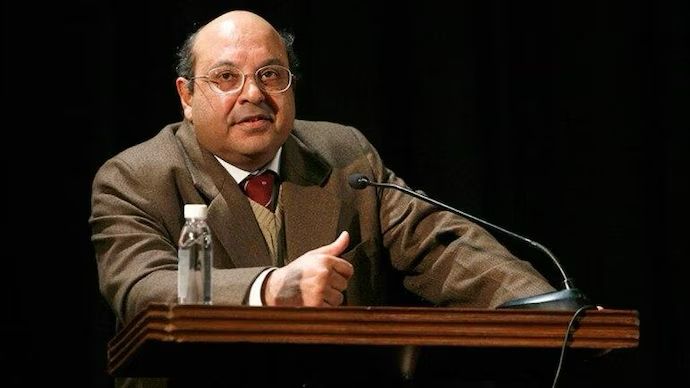


In yet another incident that seem to solidify judiciary’s anti-Hindu bent, former Supreme Court judge Rohinton Nariman courted controversy with his recent comments where he needlessly referenced bovine, animals that are considered sacred by Hindus, while criticising former CJI Chandrachud for turning to faith during the momentous Ram Mandir verdict. Nariman stated that allowing divine or any other form of intervention to influence judgments would amount to a violation of a judge’s oath to the Constitution.
He made the remark while responding to a question during the KM Bashir Memorial Lecture organised by the Press Club of Thiruvananthapuram on September 1. An audience member had asked his views on former Chief Justices of India speaking about divine intervention in delivering judgments, in reference to ex-CJI DY Chandrachud’s statement that he had prayed for guidance during the Ram Mandir-Babri Masjid verdict in 2019.
“Whether with divine or bovine intervention or any other kind of intervention, if a judge delivers a judgment, he is violating his oath to the Constitution. You (judges) have to live only by your oath to the Constitution and the laws. And when you live by your oath to the Constitution and the laws, you certainly bring in your own morality. That’s about as far as it goes,” Justice Nariman said.
His comments, both his disapproval of former CJI Chandrachud for leaning on faith to arrive at an important verdict and his reference to bovine, considered sacred by Hindus, underscore the deep-seated anti-Hindu bias that appears to have taken root in the higher judiciary. The timing further accentuates this perception, coming just a day after another controversial episode: Chief Justice of India BR Gavai, while dismissing a plea for the restoration of a mutilated idol of Lord Krishna in Khajuraho desecrated by Mughal invaders, mocked the petitioner with a sarcastic remark, saying, “Go and pray to God instead.”
Delivering his lecture on the theme Fraternity in a Secular State: The Protection of Cultural Rights and Duties, Justice Nariman underlined that secularism is essential to achieving fraternity, a fundamental value of the Constitution.
He added that secularism was already present in the Constitution before the word was explicitly added to the Preamble through the 42nd Amendment. “It’s a misnomer to say that secularism was introduced only by the 42nd amendment. Some part of it was always already there… Now secularism according to me is an absolute must as a stepping stone towards achieving fraternity. You cannot have fraternity in a theocratic state,” he said.
Justice Nariman also spoke about his latest book An Ode to Fraternity, which explores world religions, and noted that he had studied various religious texts while working on it.
Retired Supreme Court judge Rohinton Nariman labelled Hindus demanding temple as ‘dictators-tyrants’
In December 2024, former Supreme Court judge Justice Rohinton Nariman criticized the 5-judge bench that delivered the Ayodhya Ram Janmabhoomi verdict in 2019 and said that the verdict was nothing but a ‘mockery of justice’ that violated the basic principle of secularism.
Addressing an Ahmadi Foundation event, Nariman said, “We find today, like hydra heads popping up all over the country, there is suit after suit filed all over the place. Now not only concerning mosques but also dargahs. All this can lead to communal tension and disharmony, contrary to what is envisaged in both our Constitution and the Places of Worship Act. This very Constitution Bench spends five pages on it and says that in secularism, which is a part of the Basic Structure, you cannot look backwards, you have to look forward… Every religious place of worship is frozen until 15th August 1947. Now, anybody who tries to change this, those suits will stand dismissed.”
The former judge declared Hindus seeking legal remedy to reclaim their encroached and destroyed temples, as “hydra heads”. Law abiding Hindus seeking legal recourse were villainised by a former judge, the court delivering verdict in favour of the Hindu side based on evidence and merit was deemed ‘travesty of justice’ to Muslims, by the same judge. Nariman advocated stringent implementation of the controversial Places of Worship Act, so that no more lawsuits seeking reclamation of their temples could be filed. His rhetoric suggested that to uphold ‘secularism’ Hindus should have abandoned their claim and remained silent.






